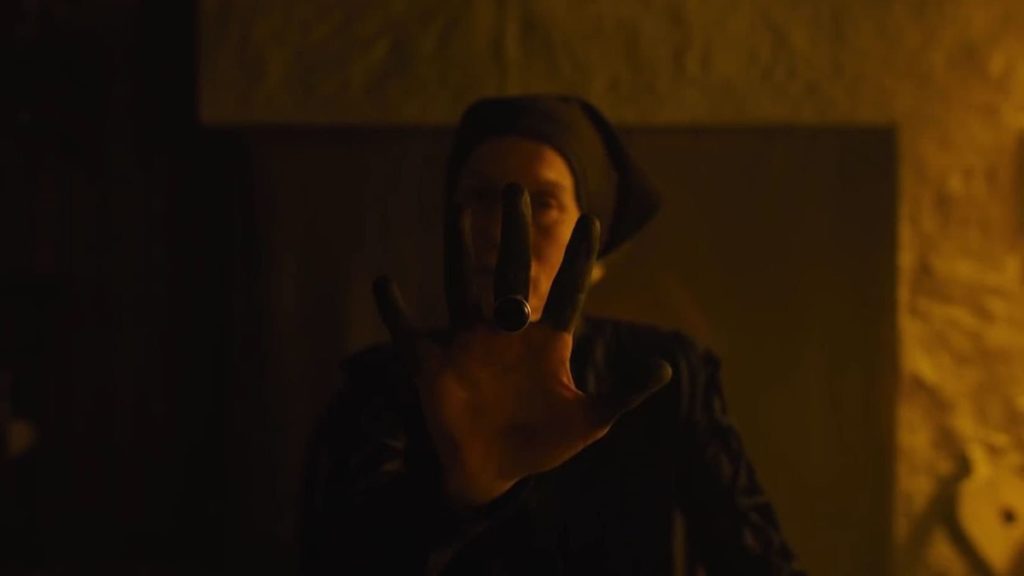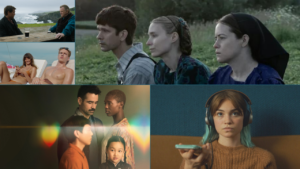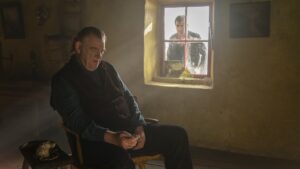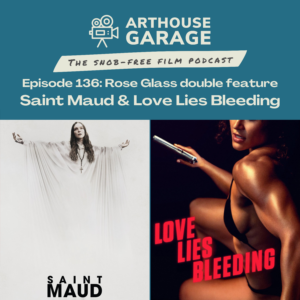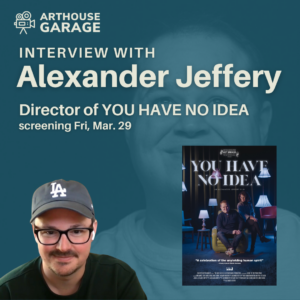This is a bizarre movie. So much so that I’m impressed a studio took a chance on it in today’s film industry. What I expected to be a generic, popcorn-y, spooky thriller (akin to mainstream fare like last year’s Countdown, for instance), is actually a remarkably abstract, auteur-driven horror piece filled with truly haunting visuals. The cinematography and production design of Gretel & Hansel are incredibly strong, though sadly they aren’t matched by most other aspects of the film. But, if you are someone (like me) who enjoys the marketing for the show American Horror Story far more than the show itself, then Gretel & Hansel may be for you.
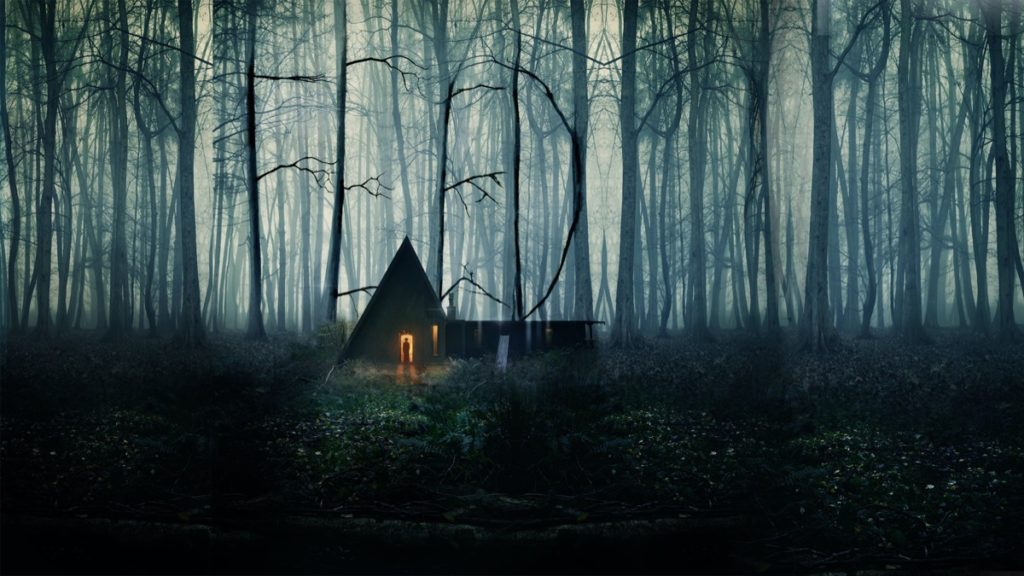
Director Osgood Perkins is incredibly successful at creating a spooky atmosphere. There are seemingly endless shots of the forest filled with creepy witches and hooded figures peaking out behind trees, but they are so interesting timed and lit that I never grew tired of them. The last thing I expected walking into the theater was a slow, moody film influenced by 70s occult horror, but that’s exactly what Gretel & Hansel is. It brought to mind psychedelic films like The Holy Mountain. From the opening shot of a witch perfectly framed in a triangular structure atop a mountain against a cloudy grey sky, to the stark red lettering that appears over it for the opening credits, to the psychedelic score and largely practical effects, this feels like it could have come out 50 years ago.
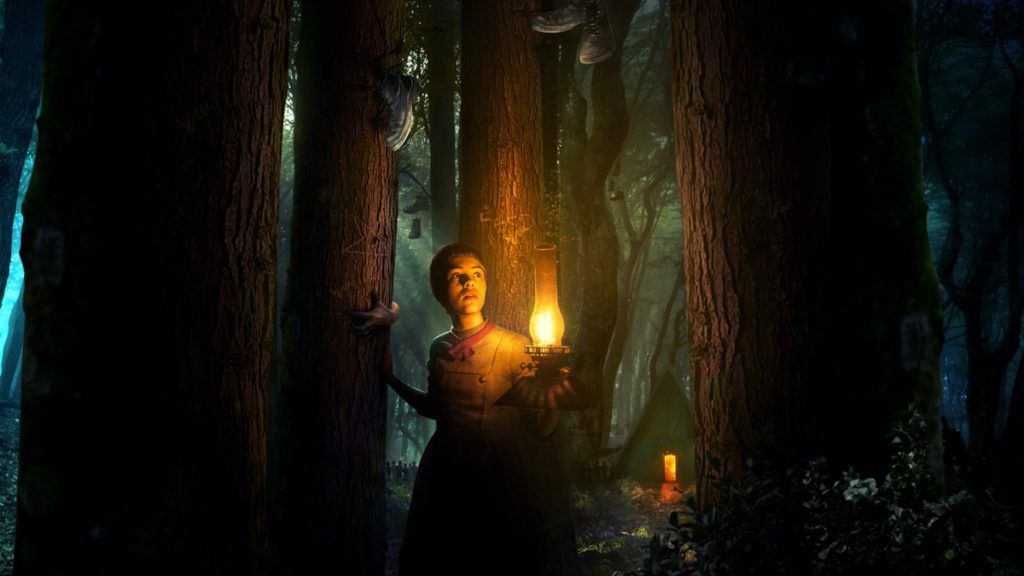
The story itself is a twist on the classic Hansel & Gretel story from the Brothers Grimm. The basic elements are there—sister and brother, played here by Sophia Lillis and Sammy Leakey, are abandoned by their mother because of a famine, and they encounter a cannibalistic witch (Alice Krige). The major added dimension to this version is that over time the witch beings to groom Gretel for witchcraft herself. It turns out Gretel has some latent powers and the witch begins a sort of spiritual seduction, appealing to Gretel’s helplessness and attempting to turn her against her brother. This change leads to the exploration of some interesting themes, essentially preying upon the audience’s spiritual fears. Am I bad for wanting to do bad things? Will the regrets in my past ruin my future? It’s a compelling take on the well-trodden fairy tale.

Unfortunately, the strengths of this film are undermined by a weak script and lackluster performances. Sophia Lillis, who I maintain is the best part of 2017’s It, is not well-suited to this role. The dialogue is inconsistent, unsure whether it wants to embrace its period setting or aim for a more modern feel, and Lillis’s performance tries to compensate by feeling almost completely modern. Gretel ultimately feels out of place and this serves to pull you out of the setting and the story. The Hansel role is similarly underperformed; young actor Sammy Leakey has a look of innocence and a face that feels at home in a fairy tale set in medieval Germany, but his line deliveries are largely distracting and his conversations with Gretel never feel organic. Alice Krige is the strongest performer of the film as the witch Hilda, but her dialogue often feels awkward as well. The performances and dialogue are not this film’s strengths.
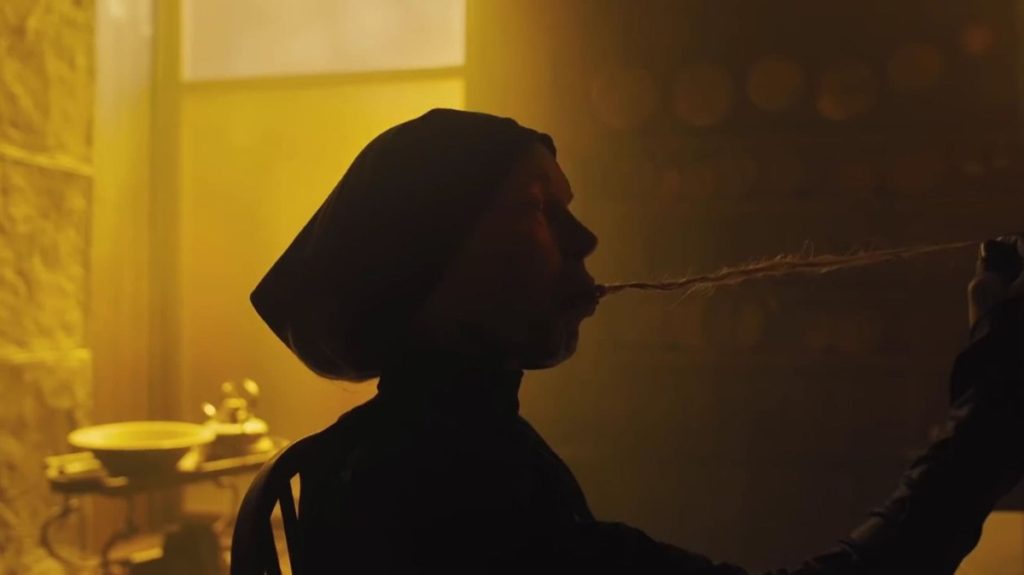
Some of the conversational awkwardness is due to the editing as well, which I found to be consistently distracting. The cuts in this film seem to be going for “mysterious” but push that to the point that it’s quite disorienting and even frustrating in a few places. Many scenes in this film cut to a different location right in the middle of a conversation, making them feel incomplete. That points to a larger issue with the story itself. Much of the plot feels meandering and without purpose. The film is less than 90 minutes but feels much longer than that, ploddingly taking its time to get to anything of consequence.
Ultimately, I can’t recommend Gretel & Hansel for most audiences. Many will find the combination of uninspiring performances and aimlessly meandering plot to be unwatchable. But, those with a bent towards atmospheric horror may find a lot to love here, mainly in the many sumptuous visual moments director Osgood Perkins provides. Just don’t go in expecting much else out of the film.
